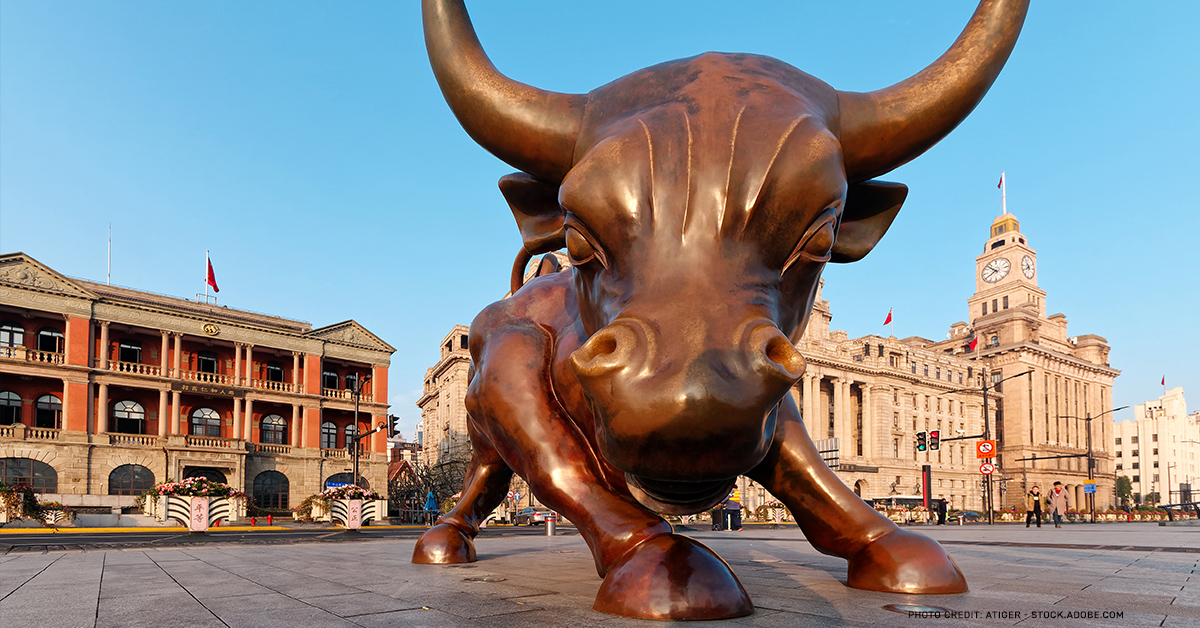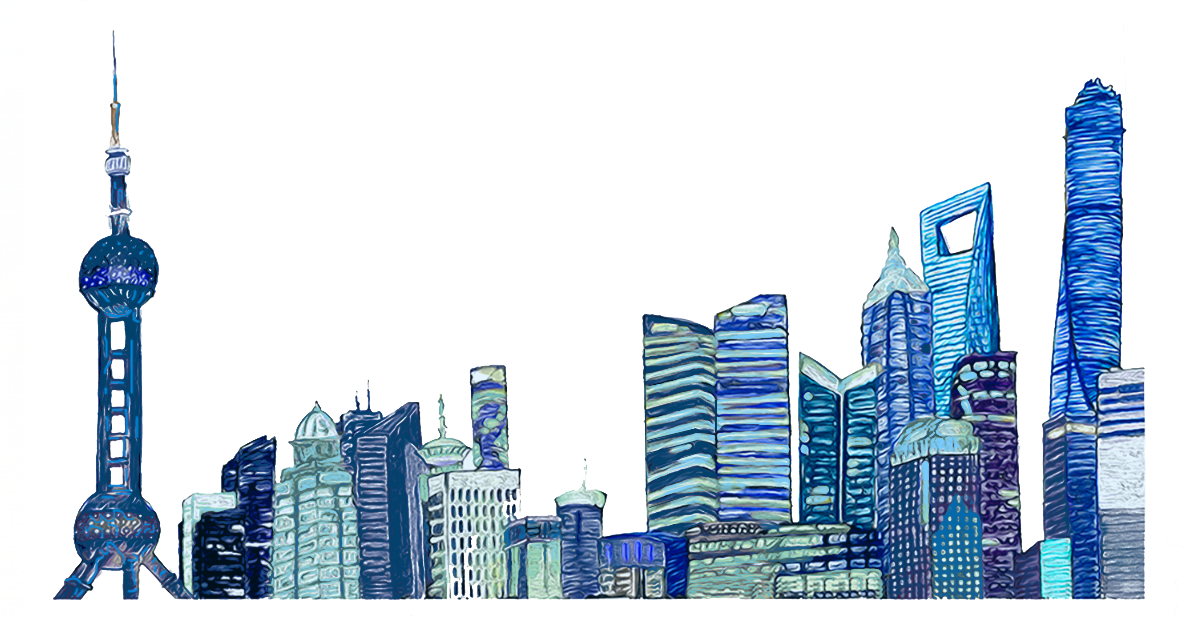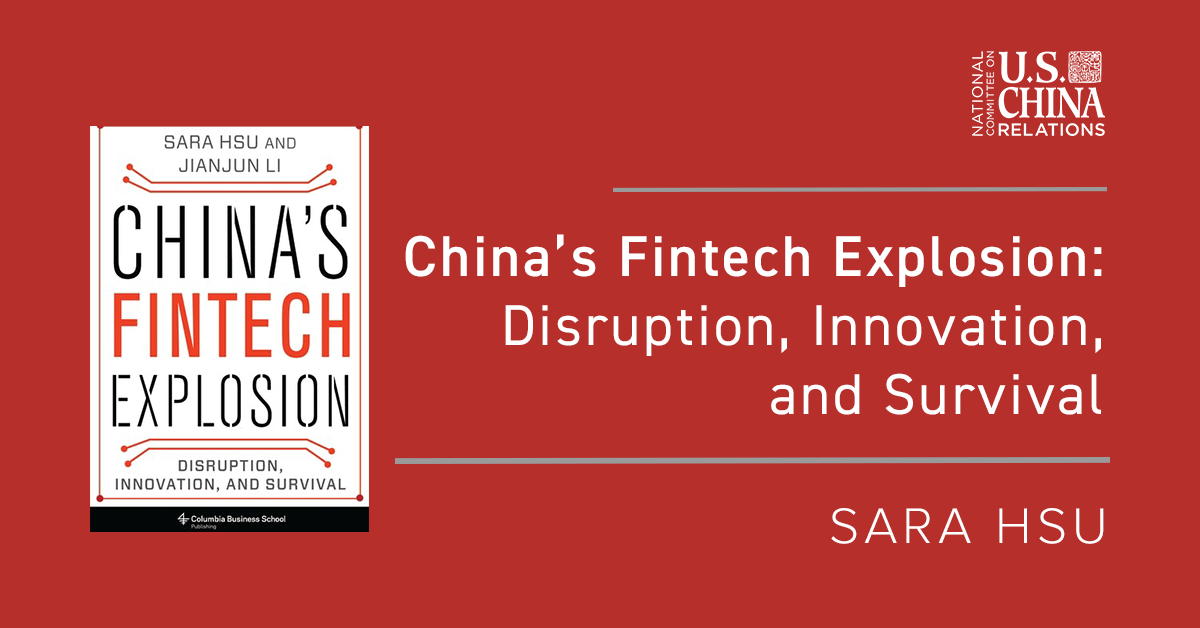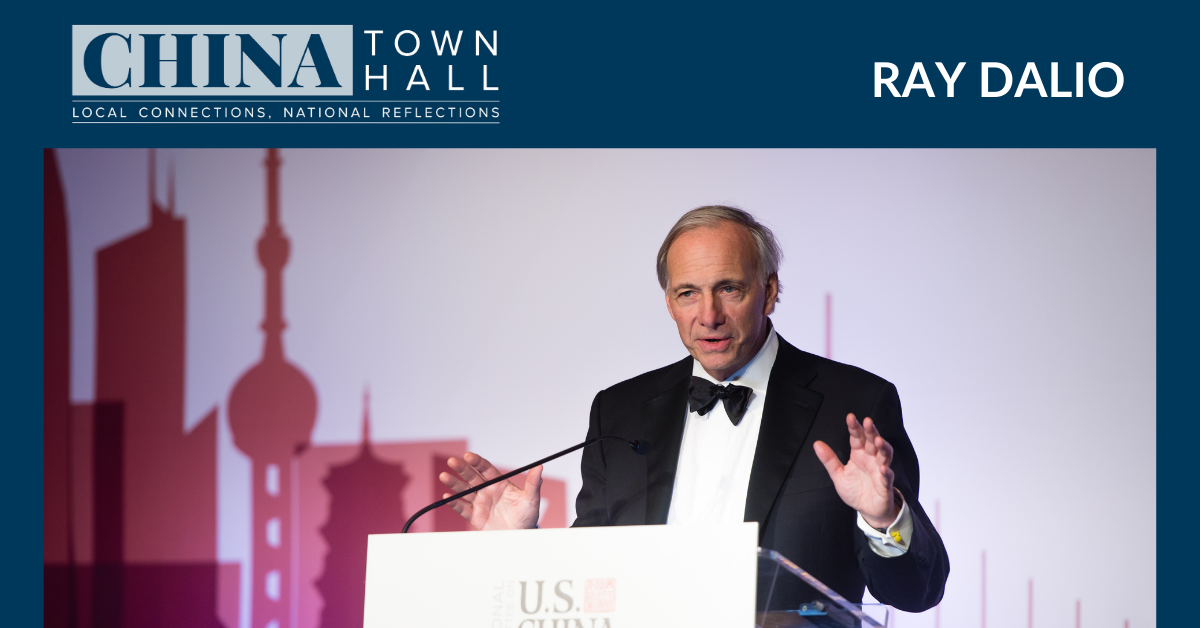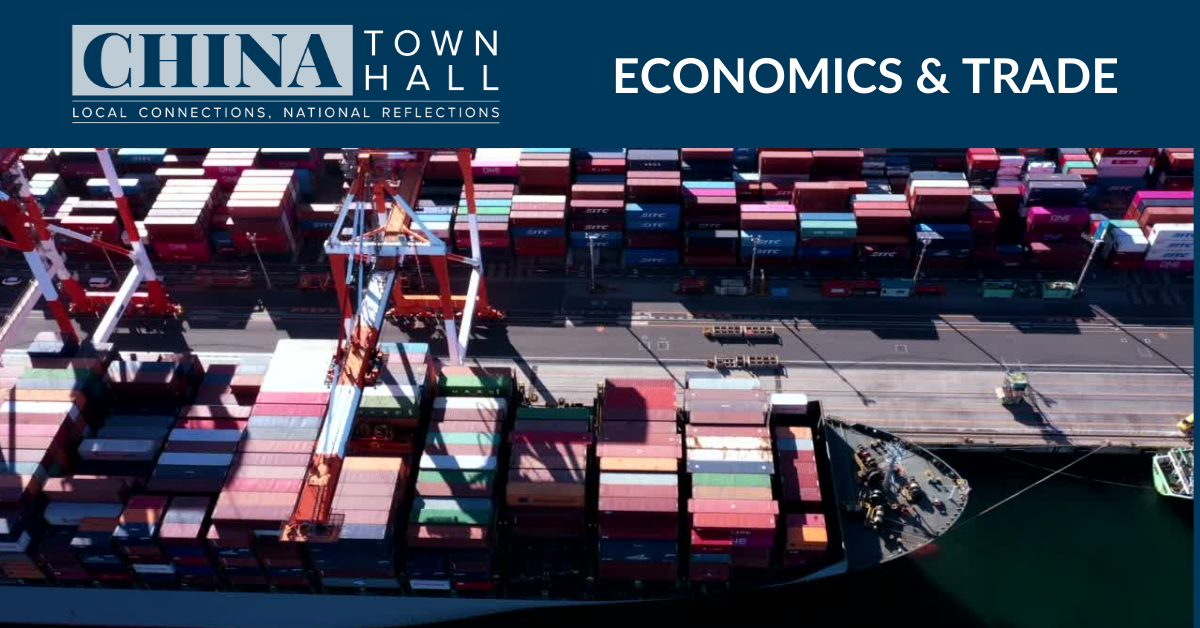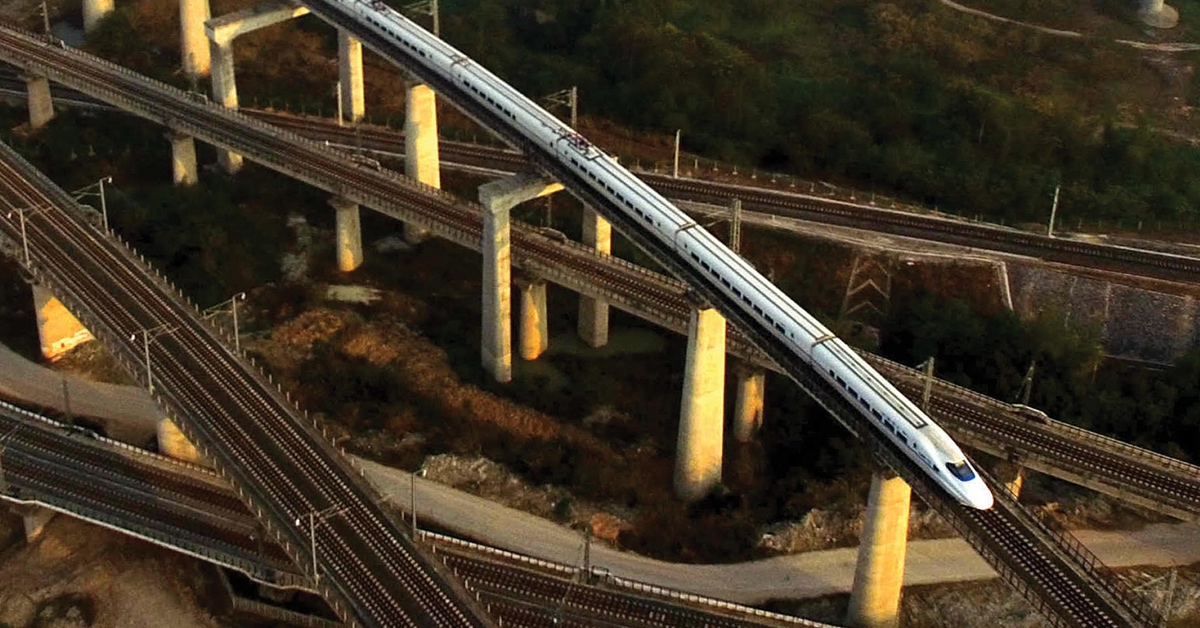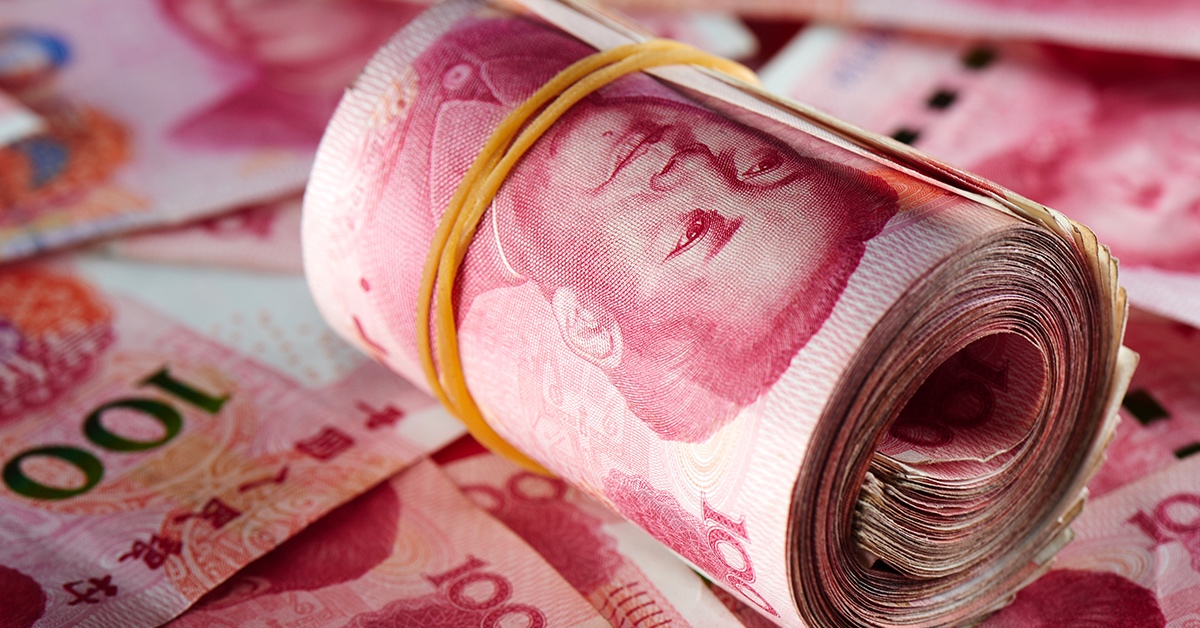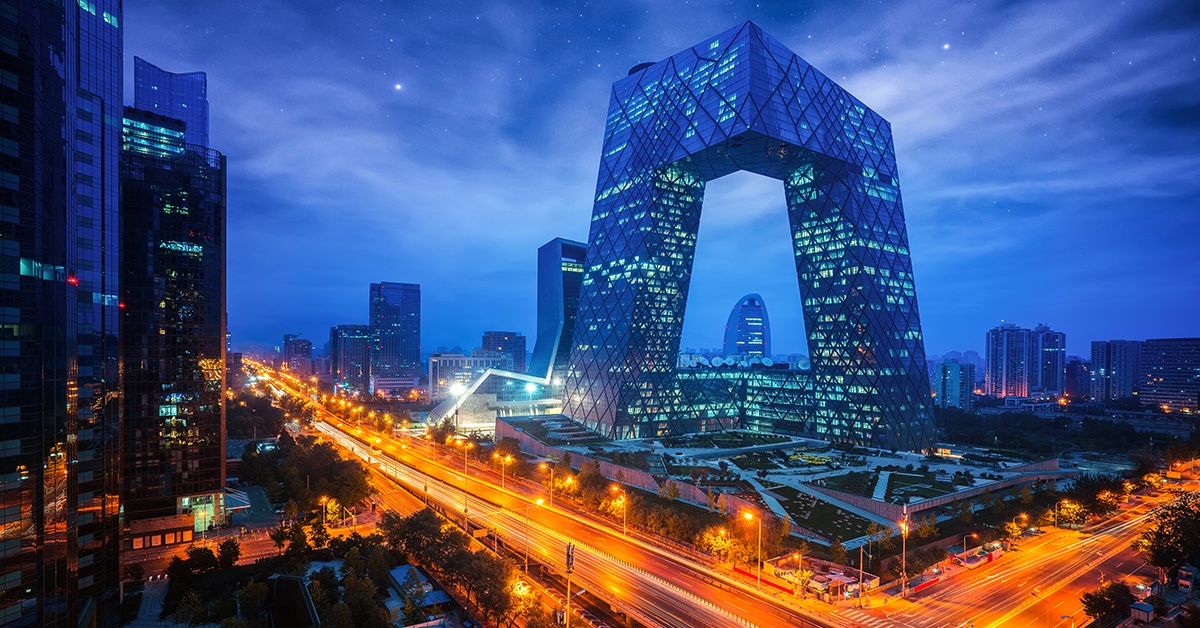As the United States and China contemplate policies that would limit future bilateral portfolio investment flows, an understanding of the true scope of U.S.-China portfolio investment integration is critical.
Leading Chinese economists discuss China's economic outlook for 2021 and beyond as the world continues battling and recovering from COVID-19.
Economist and author Sara Hsu analyzes the risks, rewards, and impact of the financial technology industry in China and beyond.
China’s economic transformation of the last few decades has depended on an unskilled and poorly educated workforce; what will happen if the demands of the changing economic environment require better education and greater skills?
Renowned investor, philanthropist, and New York Times best-selling author Ray Dalio discusses today's most important issues, and the critical roles the United States and China play in an era of rapid global change.
As trade tensions, political frictions, and COVID-19 fuel growing uncertainties in the highly interdependent U.S.-China economic relationship, a conversation among American and Chinese experts Amy Celico, Huang Yiping, and Andy Rothman examine current trade issues, opportunities for post-COVID economic growth, and prospects for the future of Sino-American economic ties.
David M. Lampton discusses the high speed rail network connecting China and Southeast Asia, part of the BRI.
Yuen Yuen Ang argues that corruption does not automatically hinder economic growth.
Experts provide an assessment of the latest U.S.-China investment trends and analysis of the political dynamics and market developments behind them.
NCUSCR board director William Ford, CEO of General Atlantic, discussed the future of cross border technology investment and market access.
